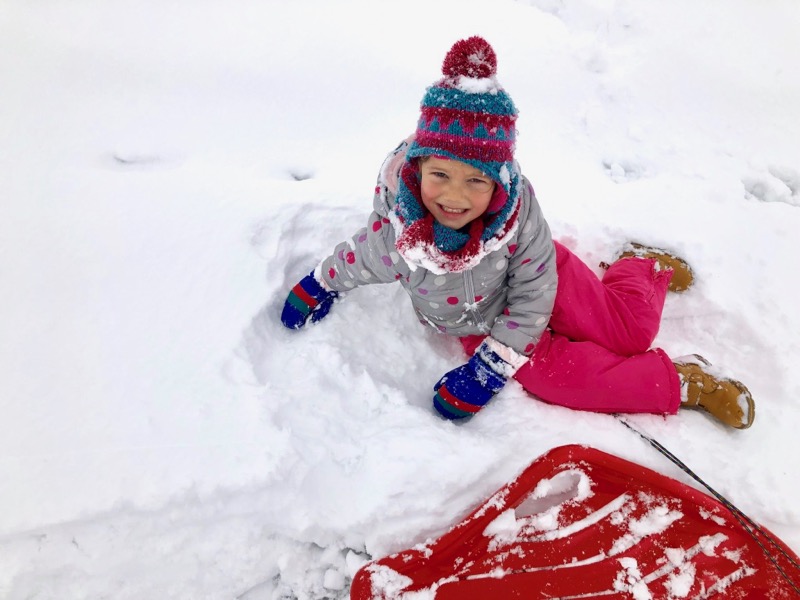Is perspective different from culture to culture? Definitely I would say.
Adoption is not talked about much in Romania because it’s rarer and somewhat tabu. While in California it was all too common, and thus lost in familiarity.
We want to admit it or not, in many countries there is a stigma associated with adoption. If you think otherwise, then I’d be inclined to think that you are either positively naive, or ignorant for better or worse. I am fortunate to have been naive in a very open culture. I have been inoculated. I have met over a hundred adoptees, in different circles and at varying stages in life, even the grand-parenting stage. Some of them are close friends, some acquaintances, and a handful of others I’m related to. As I was saying adoption was rarely talked about. Except for my brother in law, and our pastor who’s first daughter is adopted and his personal life makes it in every sermon, and his openness has educated me greatly my heart and mind. Close adult friends told me that they are adopted only after finding out that we are going to adopt. I found it bizarre that I learned such an essential fact about them so late. Did it matter? Not in the way I related them, though I admit I would have thought they are more interesting. But I felt not-important-enough to be privy to this information earlier. It just didn’t come up. Why would it matter?
After those first months of entering the adoption arena and talking incessantly about adoption, we breathed and ate adoption knowledge on toast, the subject got buried underneath the thin layer of normality. I feel I move with the currents and I can easily sense when a topic got depleted of interest. We, the new adoptive parents, soon forget our kids are such a special gift, that they have a special story and special needs. Appearances can be misleading. In essence we are the same, we are parents and our kids are simply kids. In the same breath we don’t crave normality, and we still hold our gift with tender care, open handed. I don’t wish suddenly that her story was different. That we are where we are, and her past would be wiped clean, and as if it was all a dream, she would have gotten into our family just like every other kid we know.
So we are parents. Adoptive parents who love their kid beyond words or explanation. Like any loving parents who would give their life for their offspring. Mind you, we have also a limited persecutive as well. The adoption perspective. As parent of a wonderful young girl, and another one on the way.
Why are we such a strange breed? Because we only befriended other adoptive parents through the classes we took at the centralized office. Romania has one office per county. I have many friends in many churches in Cluj. And made new friends at the churches I’ve attended, but I haven’t met other adoptive families, with the exception of a guest speaker at a monthly meeting I attend.
Going back further, I vividly remember the face of a seasoned pastor in Cluj, when I told him that we are adopting. It took him a while to wrap his mind around the news. He responded with something that fell flat. So I told him that we, as Christians, have been adopted through Jesus, the son of God. And that the Bible tells us often to take care of orphans and widows.
I’d almost suggest that people think ahead of time what to they say if a couple of friends were to tell them that they are planning to adopt. “Really? Why? You can’t have kids? What a magnanimous act. Congratulations. Aren’t you nervous? I couldn’t do it! You never know what you get! I heard of this adoption going south… If you are so generous, why don’t you adopt me?” – Needless to say, none of these are really good reactions. If you don’t know what to say, don’t say anything at all. Be quiet in the presence of mystery. Then ask more thoughtful questions. Be honest about your lack of familiarity with the topic. Be respectful.
With my book being released next month, I’ve been debating if I should share with the entire kindergarten group of parents, that Jackie is adopted. Some know. I like rocking a boat. So far, the ones I’ve told, their attitude and responses have been genuinely kind and the sense of normality was refreshing. But I’m not sure about the mass. We have one more semester with these kids. And I admit, I’m curious how the unprepared general public would react, and how would it affect Jackie. She talks about adoption freely and casually with her colleagues, and they either don’t understand, or their opinion hasn’t been twisted by the grownups yet. So far nobody has treated her any differently. But I wonder…
We were talking about how little people can say mean things, and we asked Jackie what would she say if a kid called her out that she is adopted, in a derogatory way. Without skipping a beat she said her response would be: “Shut up. You don’t know what you are talking about.” So I endorsed her courage and presence of spirit.
I have also been thinking these days about how any specific fact about you, that would single you out, or would be mentioned every day, even if it’s a great attribute, after a while it would become a sore spot. Let’s imagine that along with your name you would hear a few times a day: “You’re the middle child. You’re the tall kid. You’re the short kid. You’re the smart one. You’re the funny one. You’re the troublemaker. You’re shy. You’re loud. You’re different.” It would soon become an identity, for better or worse. And I don’t want J to be reduced to adopted as her identity, because she is so much more.
We shall live and learn as we go. And lead the way the best we can, as Jackie is the only adopted kid in our group of friends, in our neighborhood, in her school and in our church.

